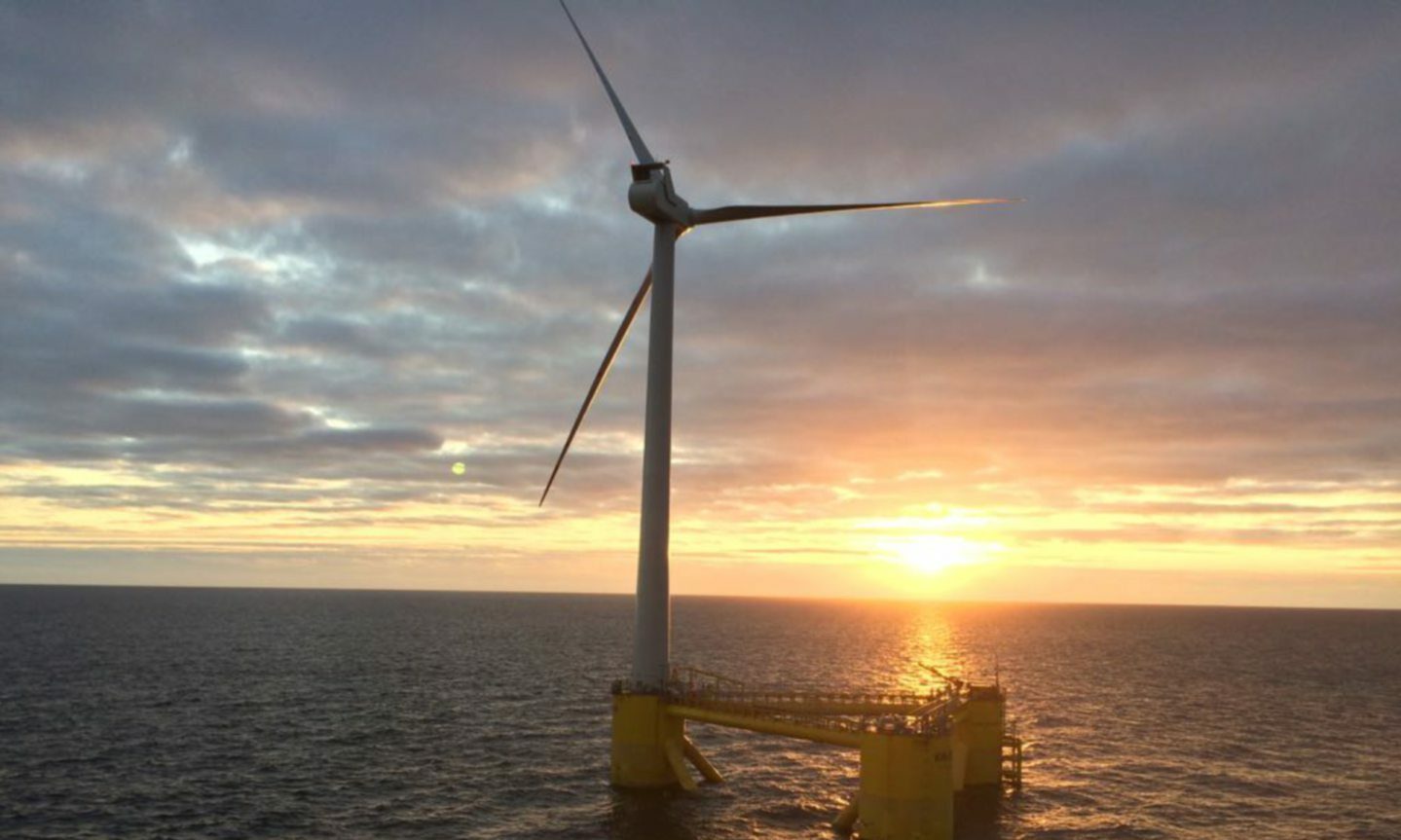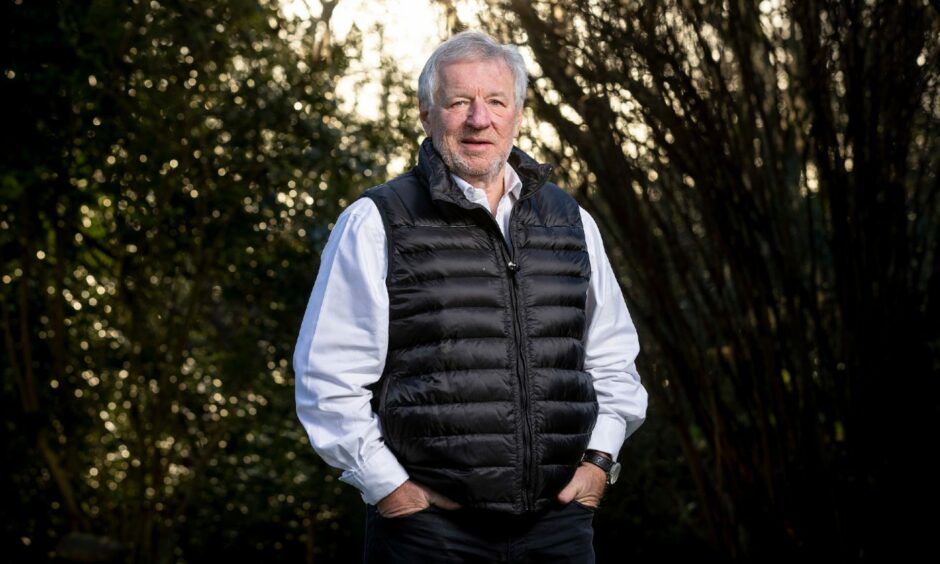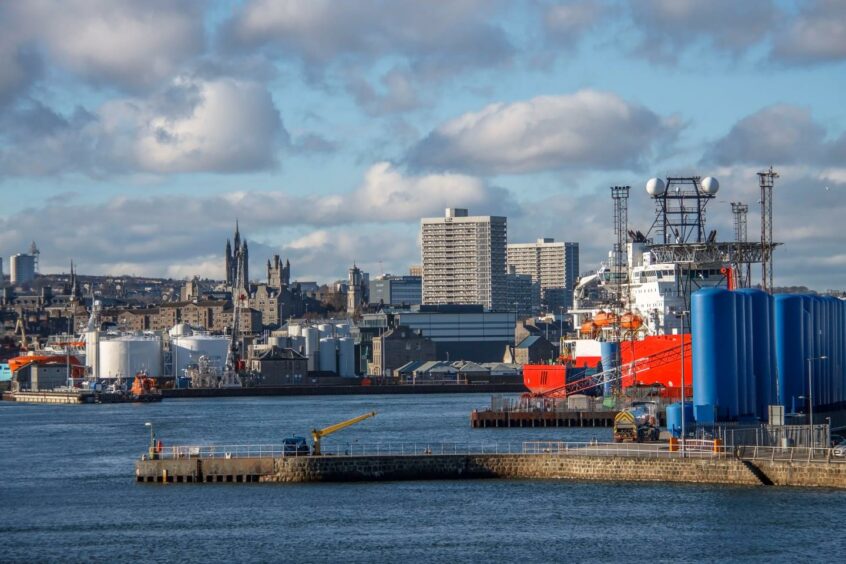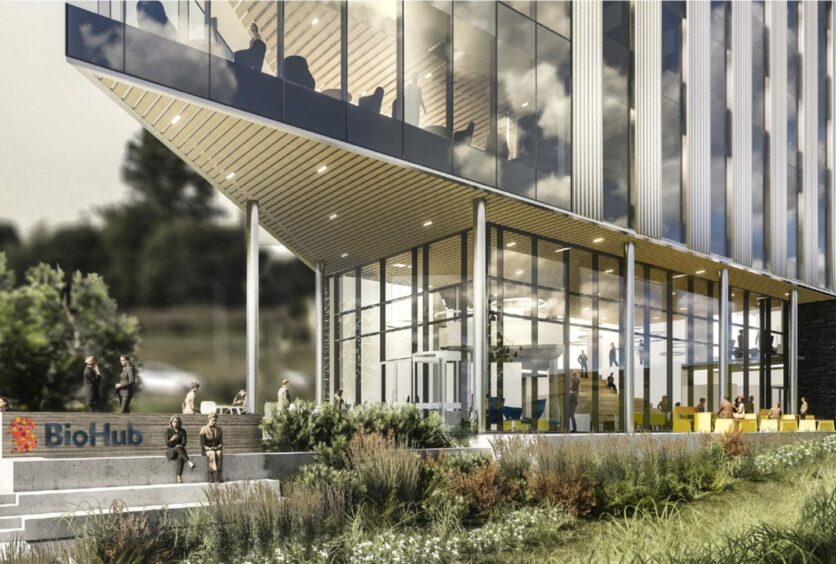As we experience the latest phase in the pandemic, trying to contain a new variant, there is encouraging talk about the end being in sight – but nobody really knows.
Restrictive measures ebb and flow, according to scientific advice, while people strive to maintain some degree of normality in their lives.
The obvious question, in 2022, is: How can anyone run and grow a business in conditions like these?
In many cases, the answer is surprisingly upbeat.
While some firms have tragically failed under the pressure of lockdowns, supply chain disruption and other problems, a remarkable number have not only survived, but grown their companies.
Resilience is the entrepreneur’s response to adversity and here in the north-east the prospects are encouraging.
Granite City’s impressive growth
The latest UK Powerhouse study by law firm Irwin Mitchell and the Centre for Economics and Business Research (CEBR) predicted year-on-year growth of 3% for the Granite City, making the local economy worth £16.1 billion.
UK-wide, Aberdeen is expected to have the seventh-highest growth in GVA (gross value added), largely due to its energy service industry.
Energy will be a crucial industry in economic recovery.”
The unknown factor in this optimistic forecast is how effectively the battered hospitality sector can recover and achieve at least part of the 35% growth the CEBR study has predicted is possible.
Energy will be a crucial industry in economic recovery. A landmark moment this month was Crown Estate Scotland’s awarding of ScotWind licences, with 60% of the sites within 100 miles of Aberdeen.
This will help the Scottish Government to progress its plan to increase offshore wind generation to 11 gigawatts by 2030.

Another dynamic that would give a huge boost to economic recovery would be the establishment of freeports in the north-east, with Aberdeen and Peterhead in the running.
There are already eight designated freeports in England, with Teesside and Thames having begun their operations at the end of last year.
In late 2020 Aberdeen harbour responded enthusiastically to the UK Government’s Freeports Prospectus, saying: “As one of the busiest ports in the UK, and with our £350 million south harbour expansion under way, we are eager to explore opportunities which will bring economic development and inward investment to our region.”
So far, the Scottish Government has not been able to reach agreement with the UK Government on a freeport model, but it is to be hoped a resolution can be found.
Region is ‘hive’ of innovation
The north-east is a hive of innovation. In the autumn, Opportunity North East will open its £40m BioHub at Foresterhill, Aberdeen.
It will house up to 400 scientific entrepreneurs, driving life sciences innovation.
Also this year, construction will start on the £21m SeedPod, a centre of excellence in manufacturing and production to support and grow the region’s £2.2bn food and drink sector.
There are enormous possibilities for the north-east to grow its economy in the field of energy transition.
With 90% of our workforce’s oil and gas skills transferable to renewables, the region is ideally placed to capitalise on this.
In the words of Aberdeen City Council leader Jenny Laing, who chairs the Energy Transition Leadership Board: “The groundwork has already been laid to make Aberdeen the perfect place to build a decarbonisation hub for the UK.”
That ambition is supported by projects such as the £26m Aberdeen Energy Transition Zone, supporting 2,500 green jobs by 2030, as well as promoting offshore wind, hydrogen and carbon capture.
The £180m Net Zero Technology Centre includes the Net Zero Solution Centre, aimed at unlocking a digitised offshore energy sector.
Aberdeen University hosts the National Decommissioning Centre at Newburgh, with the ambition to become the world leader in research and development in decommissioning oilfields and mature field management.
The university is also host to the Centre for Energy Transition, a central hub for interdisciplinary research to bring about the transition to a low carbon energy system.
We hear a lot about the costs of net-zero, but it will also provide opportunities for entrepreneurs to build and grow businesses that create jobs, as well as contribute to economic growth and the wellbeing of society.
- Martin Gilbert is a co-founder and former chief executive of Aberdeen Asset Management.




